Gerald Arthur (Art) Moore is a high school teacher, rugby coach and university lecturer. NON Publishing is releasing his forthcoming book Shatter the Glass, Shards of Flame in the Fall 2018. Moore, a poet and playwright, was formerly a commissioned officer in the Army reserve and has led five humanitarian work projects to Haiti. His poetry has appeared in Vallum, The Antigonish Review, The Dalhousie Review, Queen’s Quarterly, QWERTY, Prairie Fire, and The Nashwaak Review. At the end of each class Moore states, “Be good, don’t steal anything, come back to me sober; and girls, remember, boys lie.”
Social justice is a strong theme in all three poems selected by Prairie Fire for 38:3. Is this something that permeates all your work? Do you feel a strong personal connection to these issues, or is the subject matter high test for your creative engine?
Social justice is one of the themes that is prominent in my work. I am a high school teacher and part time university lecturer. My specific area of focus is working with students who were not in school last year; many of whom are from difficult home situations, struggle with addictions, have been involved in crime, have mental health challenges, and have worked in the sex trade.
In our classroom, we deny the storm of labels that are often applied to these students. We call our course, “Cross Curricular Studies”. We avoid the labels at-risk, ADD, ADHD, or whatever toxic name can be applied to a human being. As a class, we try to look at our behaviour and how we feel about ourselves rather than focusing on a label for it. I too, had a bit of a disruptive childhood; leaving home early. Some of those experiences find their way into my poems.
The poem “To the girl who stole my guitar” is completely autobiographical. My awesome 000-50 Sunburst Larrivee guitar was stolen from our home, and I did feel a twinge of love for the poor young lady who was filmed stealing it.
The issue of racism has been prominent since the election of Trump. In your poem, “Oneida Schoolboys” encounter pale “Flesh” and “Indian Red” in the crayon box. Meshing racism with the childhood innocence of art class shows the damage we do without intention, our blindness to how we hurt others, and the inability to see from the other’s eyes. “Flesh” seems like a very efficient one-word weapon. This is what the skin of a human looks like. If you’re a darker shade, you must be something else. Apparently, “Flesh” was renamed “Peach” in 1962 because white children were overheard taunting their other-shaded classmates about this lack of representation in the crayon box. “Indian Red” wasn’t dropped until 1999.
In the case of the controversial crayons, the need for a change seemed obvious, but there is another series of name changes underway. For example, the Georgia Strait is now the Salish Sea. We are told that these changes are part of the reconciliation process with our Indigenous population, but what if these political initiatives are long on optics and short on substance? Renaming is certainly easier than treaty negotiation…and cheaper. Do you agree with such renaming programs? Do you think such programs could ever go too far? Theoretically, in British Columbia, where claims have been made throughout most of the Lower Mainland and up the coast, could we continue until every building, city, town, and street has been renamed? Would this be a good thing? Put another way, if renamers were given free reign over the country, at what point do you think they would consider the mission accomplished?
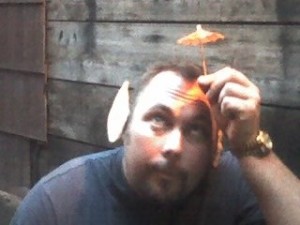 In the instance of the Prairie Fire poem “Oneida Schoolboys”, I was thinking specifically about invisible dominance – and trying to put myself in another person’s shoes. I had a memory of using those pencil crayons when I was in elementary school in Ancaster, Ontario – where I grew up. Recently, I saw on the news that four young boys had been killed in a fire on Oneida Nations of the Thames, southwest of London, Ontario. While the fire doesn’t feature in the poem, those boys are alive in my imagination.
In the instance of the Prairie Fire poem “Oneida Schoolboys”, I was thinking specifically about invisible dominance – and trying to put myself in another person’s shoes. I had a memory of using those pencil crayons when I was in elementary school in Ancaster, Ontario – where I grew up. Recently, I saw on the news that four young boys had been killed in a fire on Oneida Nations of the Thames, southwest of London, Ontario. While the fire doesn’t feature in the poem, those boys are alive in my imagination.
As for the renaming of things: something necessary is happening. At least discourse is happening; and it should be happening. You mentioned Trump. I think Civil War statuary and Confederate flags, particularly ones placed during segregation, are symbols of oppression, and ought to be withdrawn. In a Canadian context, it’s healthy to rethink the names of places. Is it right to have a statue of Edward Cornwallis in Halifax, who was responsible for conducting a genocide on Mi’kmaq peoples? Put that statue in the Maritime Museum – with a description of what a terrible person that guy was during a terrible time. The town of Amherst is named for Jeffrey Amherst, who also had a policy of genocide against the Mi’kmaq and a practice of scalp collection. Several towns across our map are named for Jeffrey Amherst. I heard the town council on the East Coast is discussing the possible name change for their town. These conversations are a necessary part of reconciliation. They are, hopefully, the beginning of the revolution of change toward our Indigenous, First Nations, Metis, and Inuit.
I live in Moncton, named after a commander who was responsible for the 1755 deportation of Acadian people. Didn’t Berlin Ontario get renamed to Waterloo during World War I? Nothing is permanent. The conversations around renaming are a good start. The wrecking ball pendulum is starting its swing, let’s see what we can knock down.
You ask, “At what point is the mission accomplished?” When we’re equal. I remember what Gord Downie said in Kingston, during that last glorious Tragically Hip concert, “It’s going to take a hundred years to fix it.” It is the start of unravelling the greatest failure of our Canadian story.
I asked one of my aboriginal students this question about changing names of places. He says, “If they live in the town, they should choose. If they’re going through it, they should have a say.” Simple answer, but it has gravitas.
What were your first impressions when you arrived in Haiti? What was different than what you expected? How were you feeling on your first trip compared to your last? How was your role as a member of the reserve different than that of an NGO? Has aid group coordination improved since the 2004 Indian Ocean earthquake and tsunami? Everyone cared about Haiti for a while and then they didn’t. Is it simply impossible to keep the general population interested in rolling disasters that continue for years? Sustained interest and analysis is not how modern media organizations seem to work. What did the media get wrong about Haiti?
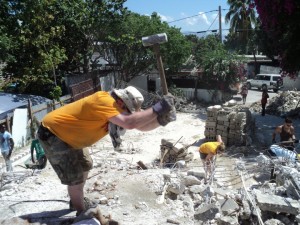 I worked in a reserve combat unit in the army as a commissioned officer for almost five years 94-99. I never fought once and had an unremarkable military career. I was, however, able to use that training in Haiti many years later.
I worked in a reserve combat unit in the army as a commissioned officer for almost five years 94-99. I never fought once and had an unremarkable military career. I was, however, able to use that training in Haiti many years later.
In 2010, after the earthquake, Haiti looked like a war zone. Port au Prince was a complete wasteland with thousands of homes in ruin. Excavations and body recovery were still taking place – most often by hand. Hundreds of thousands of people were lost. We helped out with an excavation at Walls International Guest House. Eight people were killed on that position, including several Canadian nurses. I found the backpack of a survivor, Marilyn Raymer. Ms. Raymer, a retired nurse, was in Haiti doing inoculations. I carried her bag back to Canada and returned it to her. Her best friend Yvonne Martin was lost in the quake.
My friend Nic Lupien, who was with me in Haiti in 2010, helped dream up a micro economic project. We hired Haitian workers and developed a small goat breeding program – where we loaned goats to the children of peasant farmers, getting a return on this investment. As you can imagine, working in the third world can be complex. We witnessed child starvation, some desperate situations, and had a few moments of heightened anxiety. Our work was a raindrop in an ocean of need.
Each year we hosted a soccer match for elementary school children. It was a way to celebrate in the midst of so much hardship. I’ve been back to Haiti six times in the past few years with small teams comprised of former students and rugby players, and ex-army friends.
It is common to ignore the poor, the downtrodden, and the lonely. British poet Roger McGough says that we’re only capable of understanding an ounce of pain that is not our own. I guess that’s why it’s often easy to do the least we possibly can for others. Haiti has been a victim; from the moment that Columbus landed, to the years of French colonialism and slavery, and to oppressive conditions that have denied that country prosperity to this day.
On the ground, the greatest calamity after the earthquake was that there were hundreds of small NGOs, and a total lack of collaboration and accountability. It seemed like an incredible opportunity became nothing. I remember the talking head hopefuls explaining the earthquake as being a stepping off point for a total shift in Haiti’s future.
For a while, Haiti’s struggle was mainstream news, and there seemed to be a will to help the country succeed. Haiti is a tough place to get things done; and the world has a short attention span.
Look at the Rohingya’s current struggle in the Rakhine state of Myanmar. How much attention did the world give to acts of genocide committed by Myanmar authorities against their own people? How did the world stand by while Rwandans were engulfed in 1994, and a few years later in Darfur, Sudan? More important, why? Racism? When’s the last time you thought deeply about Haiti? But I bet you have guffawed a Donald Trump tweet as recently as yesterday. It makes me so frustrated I could spit.
I saw Romeo Dallaire talk about the power of small groups of people to create change, to support third world projects, and to dream up solutions. As a leading middle power, I believe we have the ability to help create a new kind of century. It’s important for ordinary folks like you and me to believe in this possibility.
Have you written about your experiences in Haiti? I believe in total freedom of expression and the unrestricted pursuit of any subject matter by any writer, but I’m beginning to suspect that this is not a common or popular position. There are some who might think that it would be very difficult to write about Haiti without being exploitive. Is the notion of potential exploitation something that might prevent you from describing your experiences? Is nonfiction safer than fiction in this case?
Writing, in some ways, is an affliction. The poems often seem to choose me by growing out of an image or an idea that I can’t shake. I don’t think about being exploitive; I try to be interesting. When I write about Haiti, I write about my experiences working there, the people I met, the folks I love, and the high stress moments that we faced together – particularly after the earthquake. I often write about what I see. I’ve written a number of poems about Haiti’s misery. It is important to pay attention to the misery, and also to the great joy in this world – but as a poet, I’m more comfortable with tragedy.
What has been most effective in the promotion of your work? How much thought have you given to the development of our own brand? Do you consider this to be someone else’s job (your publisher, for example)? Is social media a tool to be embraced or a danger to be avoided?
I’m terrible at the business end of promoting my own work. The promoting of poetry seems to have as much to do with writing as life insurance has to do with life. I recently was asked if I would consider becoming “a poet in residence” at Tatamagouche Brewing Company as a co-marketing strategy. Wouldn’t it be interesting if there was a Poet in Residence at a fantastic brewery (I think I’d be the first)? It would be a ceremonial position! I wouldn’t actually live there. I mean, I couldn’t live at brewery, could I?
My new book Shatter the Glass, Shards of Flame comes out in the Fall of this year with NON Publishing. My editor is Chris Needham.

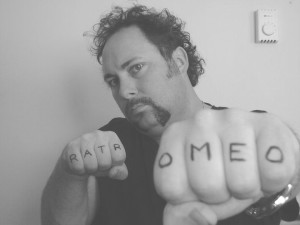
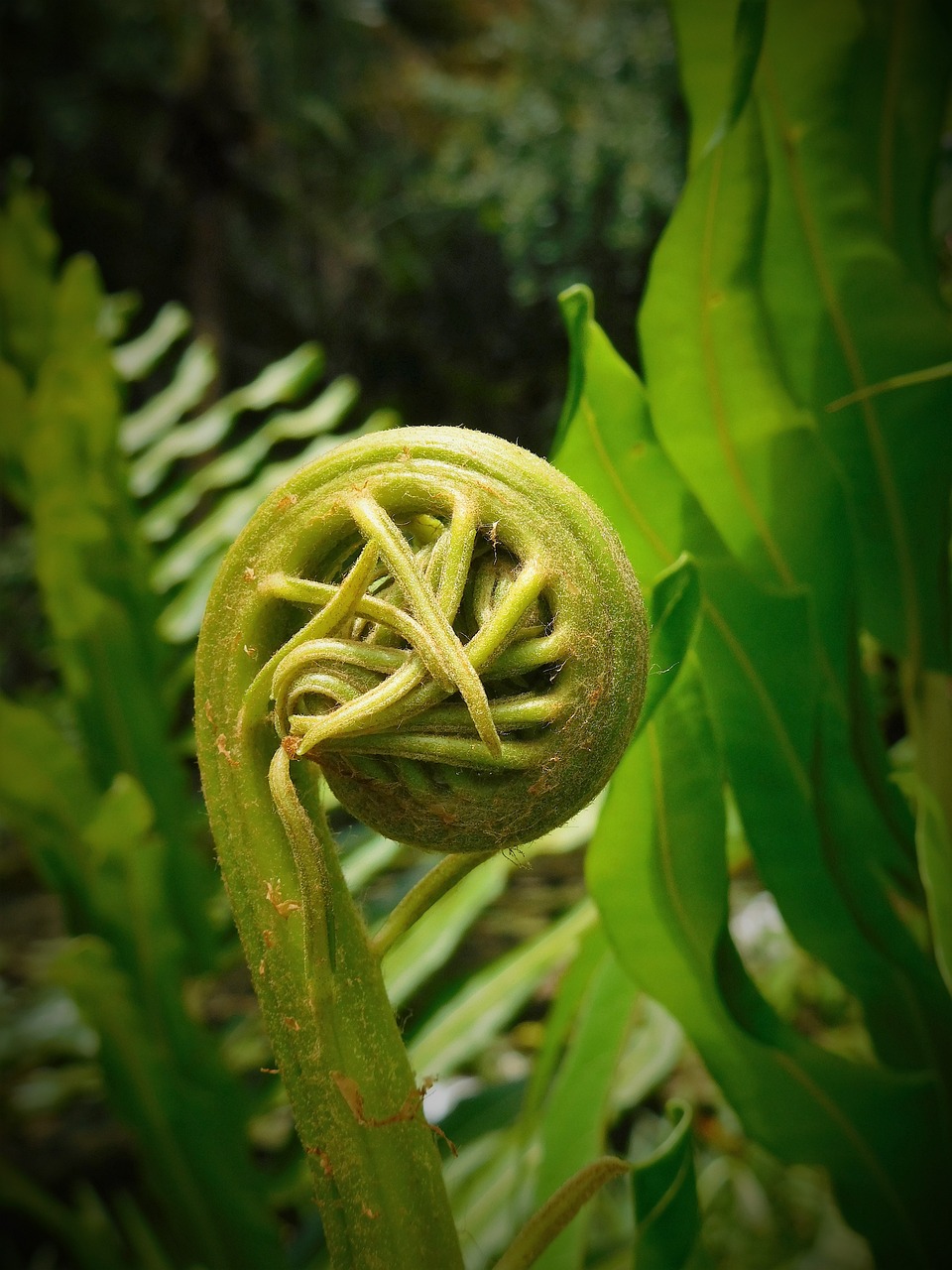
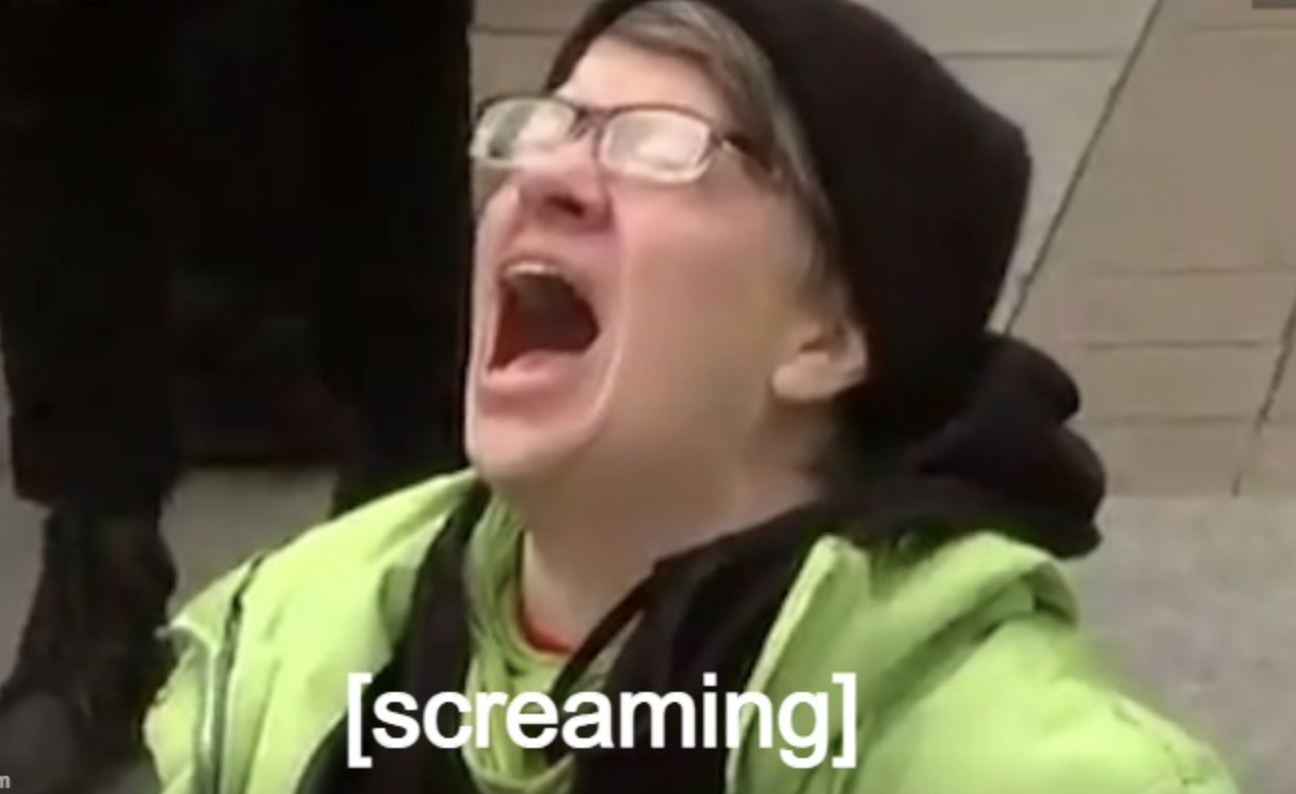
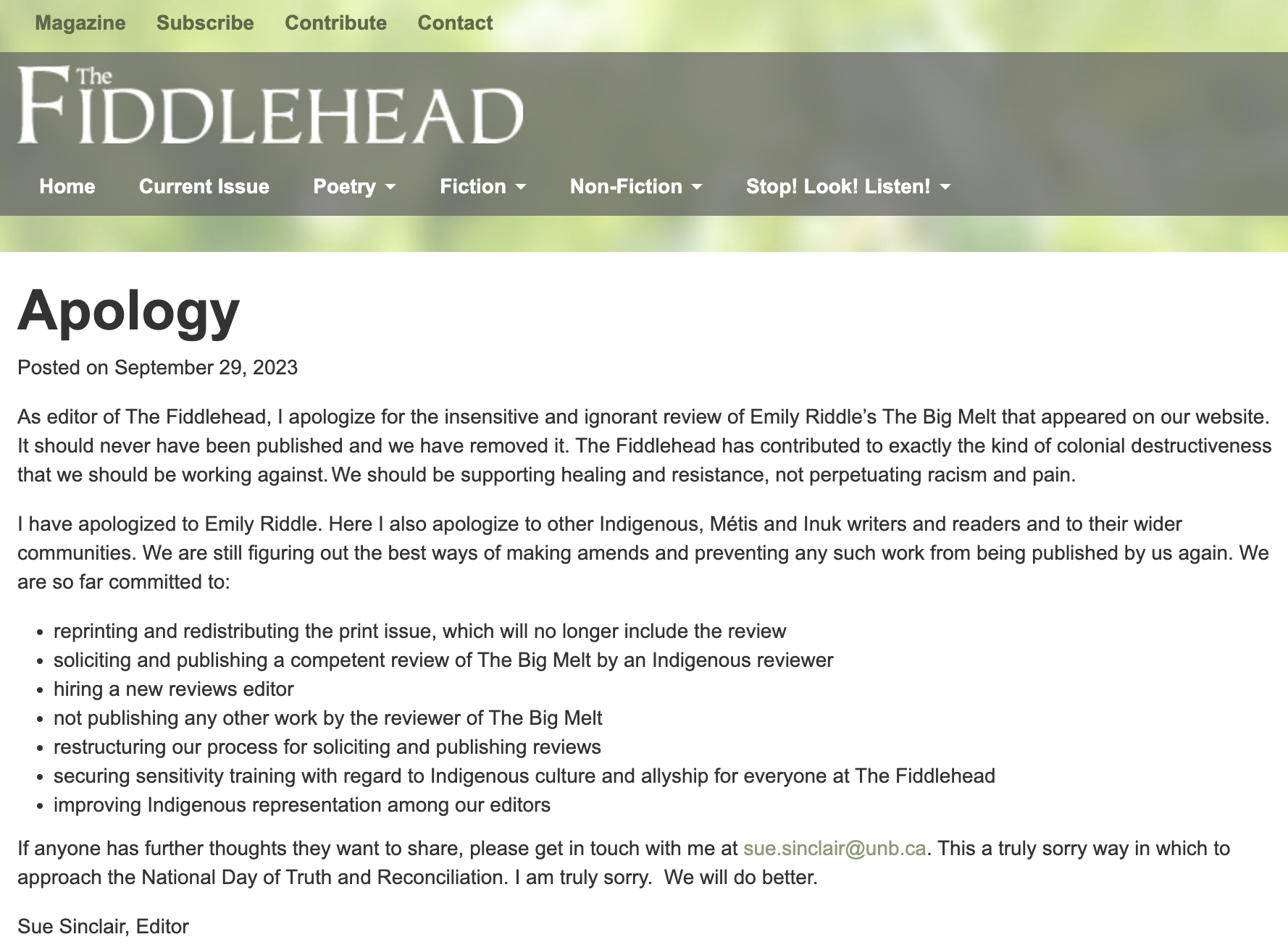
Having known Art for a dog’s age, I will attest to his mammoth and persuasive personality. His presence in the world is truly one without borders. Readers, from this interview and in perusing his collections of poetry, will get a glimpse into his far reaching abilities and observations from small town Moncton to Haiti and everywhere in between. His poetry (a “hobby” as he has called it) and life experiences manage to foster the belief that every person matters and has the ability to overcome challenges. It’s a new world of branding and strategy evident in our conversations where avenues of marketing remain untapped in Nova Scotia. It’s true. I’ve done the research for my own writing. We both realize it takes a community and careful consideration on the naming of things. I’ll add maybe even a bit of mystery to the mix bodes well for art. Art says, “When we’re equal” is when the world is a better place. I couldn’t agree more.
Yes, we need more Arts!
Art is a National Treasure. Poet, musician, teacher and humanitarian. He wears more hats than the Cat in the Hat. One of the most talented and incredible humans I have ever had the honor to call brother. His passion for life is highly contageous and his poetry is sublime. Those that know him are the better for it and the world is a better place because he is in it.
Art must surely be blushing by now. I’m loving all the love that is flowing in Art’s direction.
October is just around the corner and that means Shatter The Glass, Shards of Flame is almost ready for release to the public. You are right Rene Cyr, Art has more hats that probably I would argue anyone can account for…he’s in for a busy season. And, it’s a small world. I have been told we have similar research passions regarding history and alcohol in the Maritimes, so maybe we’ll have the chance to discuss our projects someday if the universe has her way. For now, I am keen to see any changes from the original manuscript of which I had the pleasure of reading as a gift from Art to the finished product hitting the book shelves. No doubt, he’ll conquer this latest venture; blushing and all. Cheers!